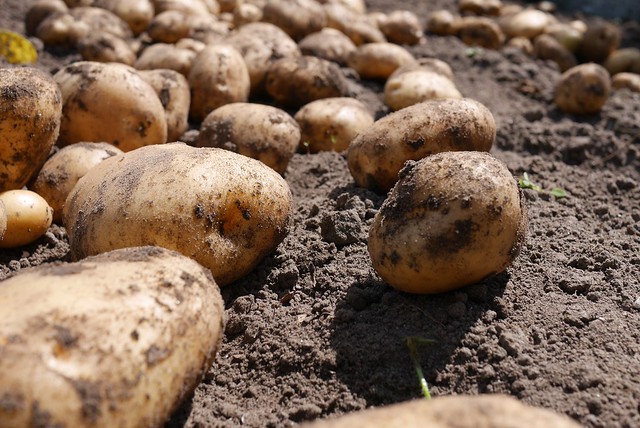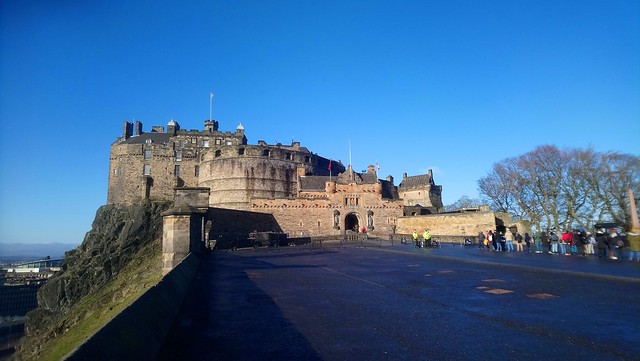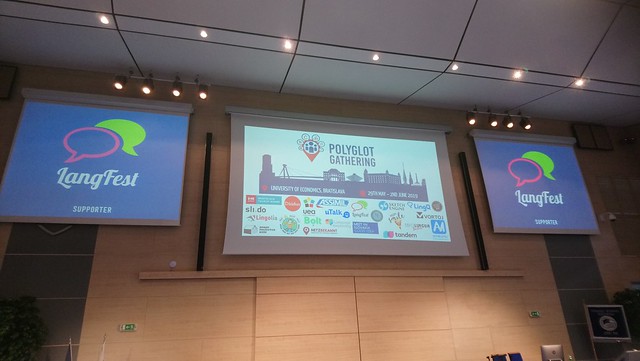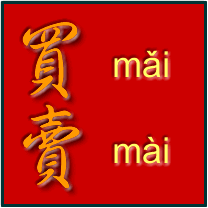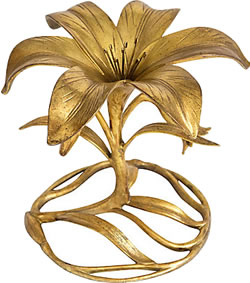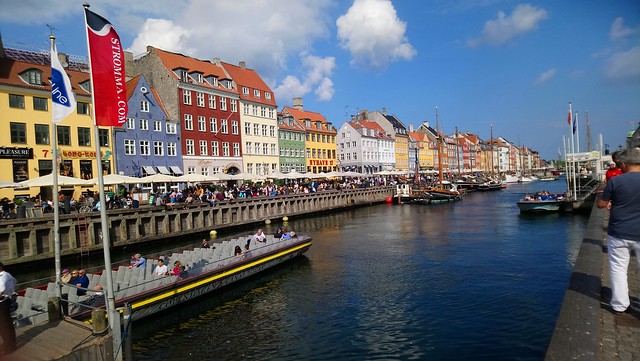While making the lastest episode of the Radio Omniglot Podcast this week, I noticed that there are several words for water in Japanese – something I knew but had forgotten.
- 水 (mizu/sui) = water (esp. cool, fresh water, e.g. drinking water), fluid, liquid, flood(waters)
- 湯 (yu/tō) = hot water, bath, hot spring
- 潮 (shio/ushio/chyō) = tide, salt water, opportunity
- ウォーター (wātā) = used in foreign placenames
If you count the different ways to pronounce the kanji as separate words, you could say that there are eight different words for water in Japanese. Mizu, yu, shio and ushio are native Japanese words, sui, tō and chyō were borrowed from Chinese, and wātā might possibly come from English.
Here are some examples of how they’re used.
- 水曜日 (suiyōbi) = Wednesday (“water day”)
- 水素 (suitso) = hydrogen
- 水族館 (suizokukan) = aquarium
- 水路 (suiro) = waterway, canal, channel, aqueduct
- 水切り (mizukiri) = straining, draining; strainer, colander
- 水車 (suishō) = water wheel, hydraulic turbine
- 水辺 (mizube) = waterside, waterfront
- 湯気 (yuge) = steam, vapour
- 湯沸かし (yuwakashi) = kettle
- 湯船 (yubune) = bathtube (“hot water boat”)
- 湯水 (yumizu) = hot and cold water; abundant / plentiful item
- 潮流 (chōryū) = tide, tidal current, tendency, drift, trend
- 潮水 (shiomizu) = seawater
- 潮力 (chōryoku) = tidal energy
I suppose it makes sense that in a land where hot water is readily available from the many hot springs, that hot water is be seen as something different to cold water.
In Mandarin Chinese 水 (shuĭ) means water or liquid, and 汤 [湯] (tāng) means soup or hot water.
Do any other languages have separate words for cold water and hot water, or other types of water?
You could say that there quite a few words for water in various states: ice, rain, snow, sleet, hail, mist, fog, clouds, water vapour, and so on.
Source: Jisho.org

